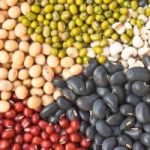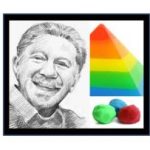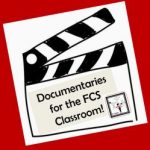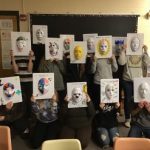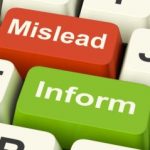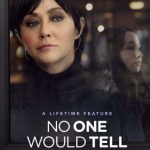
Ever feel like you need to breathe new life into some of your units? That’s just how I felt with some of my dating violence activities! Not that they still weren’t great activities, I was just getting tired of using them and needed something fresher. In this post you will find a few of the new activities and resources that I created that involve a poem, a teen girl visual and an updated movie for use in this unit. So, choose one, two or all three to try out the next time you teach about dating violence!


